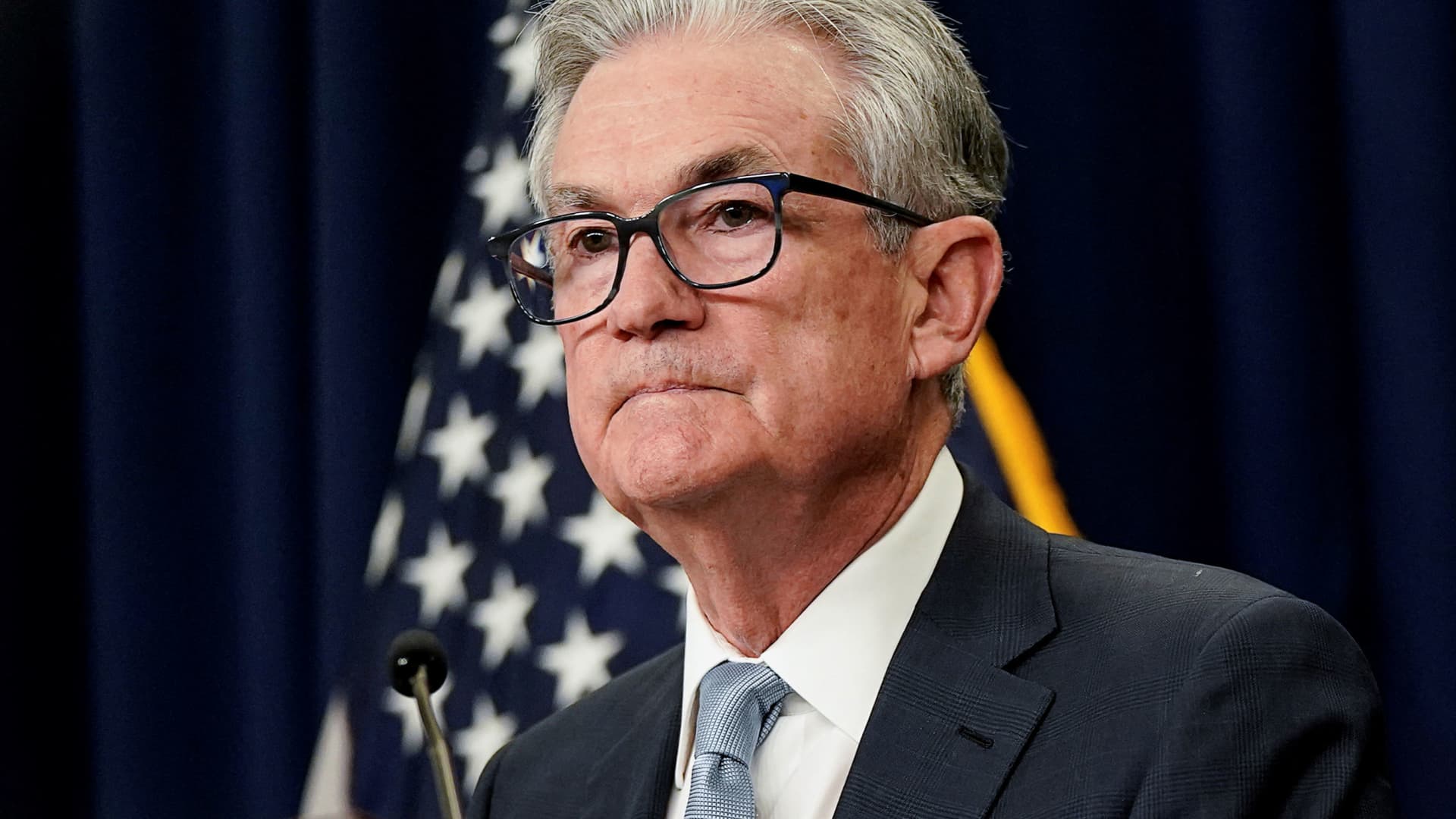US Markets
Friday, October 13th, 2023 6:28 pm EDT
Key Points
- Escalating Conflict in the Gaza Strip: The exchange of fire between Hezbollah, a Lebanese militant group, and the Israeli armed forces in northern Israel is seen as a potential sign that the conflict in Gaza may spread regionally. The article highlights the possibility of an Israeli ground incursion in the north of the Gaza Strip, which could involve other regional actors, including Hezbollah and Iran.
- Hezbollah’s Role and Challenges: Hezbollah operates as both a political party and a paramilitary group and is a powerful force in Lebanon, backed by Iran. While it has grown into a formidable military force, it lacks the same level of domestic popular support it had in 2006 during a conflict with Israel. Experts point out that Hezbollah’s involvement in a new front could be challenging, especially given Lebanon’s dire economic crisis and the opposition of some Lebanese communities, such as the Christian population, to Hezbollah.
- Regional Implications: The article discusses the potential impact of Hezbollah’s involvement in the conflict, with experts noting that Iran may not want to commit its strongest international militia to fight in Gaza or Israel to defend Hamas. The article also mentions efforts by the United States to deter Hezbollah and Iran from entering the conflict. It emphasizes that Hezbollah’s force is significant but primarily trained for asymmetric warfare and may not stand a chance in a total war against the Israel Defense Forces.
The article discusses the escalating conflict in the Gaza Strip and the potential for it to spread regionally, with a focus on the involvement of the Lebanese militant group Hezbollah. The exchange of fire between Hezbollah and Israeli armed forces in northern Israel has raised concerns that the conflict could expand to include other regional actors, such as Hezbollah and Iran.
Hezbollah, operating as both a political party and a paramilitary group, is a significant power in Lebanon and is backed by Iran. It has grown into one of the most powerful non-state military forces globally, surpassing the strength of Lebanon’s official army. However, experts note that Hezbollah lacks the level of domestic popular support it had in 2006 when it engaged in a conflict with Israel.
The article highlights that Hezbollah’s decision to intervene in the current conflict would depend on the scale of the conflict and the potential repercussions. Hezbollah has gained extensive military experience through involvement in conflicts in Syria, Iraq, and Yemen. It is closely linked to Iran ideologically, politically, militarily, and economically, but it also operates as an autonomous Lebanese actor.
Experts believe that Hezbollah would hesitate to join the fight in full force, as a strong military response from Israel might lead to the destruction of Lebanon. Iran has reportedly indicated through third parties that it would rein in Hezbollah.
The article also notes the dire economic situation in Lebanon, with triple-digit inflation, a collapsing currency, and widespread poverty. Hezbollah wields significant political influence in Lebanon and controls border crossings, which it uses to block key political appointments. Given these challenges and the group’s involvement in various conflicts, engaging in a new front against Israel could be overwhelming for Hezbollah.
Israel has hinted at a potential ground invasion in Gaza, and the Biden administration has sent support to the region in an effort to deter Hezbollah and Iran from entering the conflict. The deployment of the USS Gerald R. Ford is seen as an attempt to contain the conflict.
While Hezbollah’s force is significant and capable, it is trained for asymmetric warfare and may not stand a chance in a total war against the Israel Defense Forces (IDF), according to experts.
For full original article on CNBC, please click here: https://www.cnbc.com/2023/10/13/hezbollah-joining-conflict-in-neighboring-israel-would-be-a-gamechanger.html




